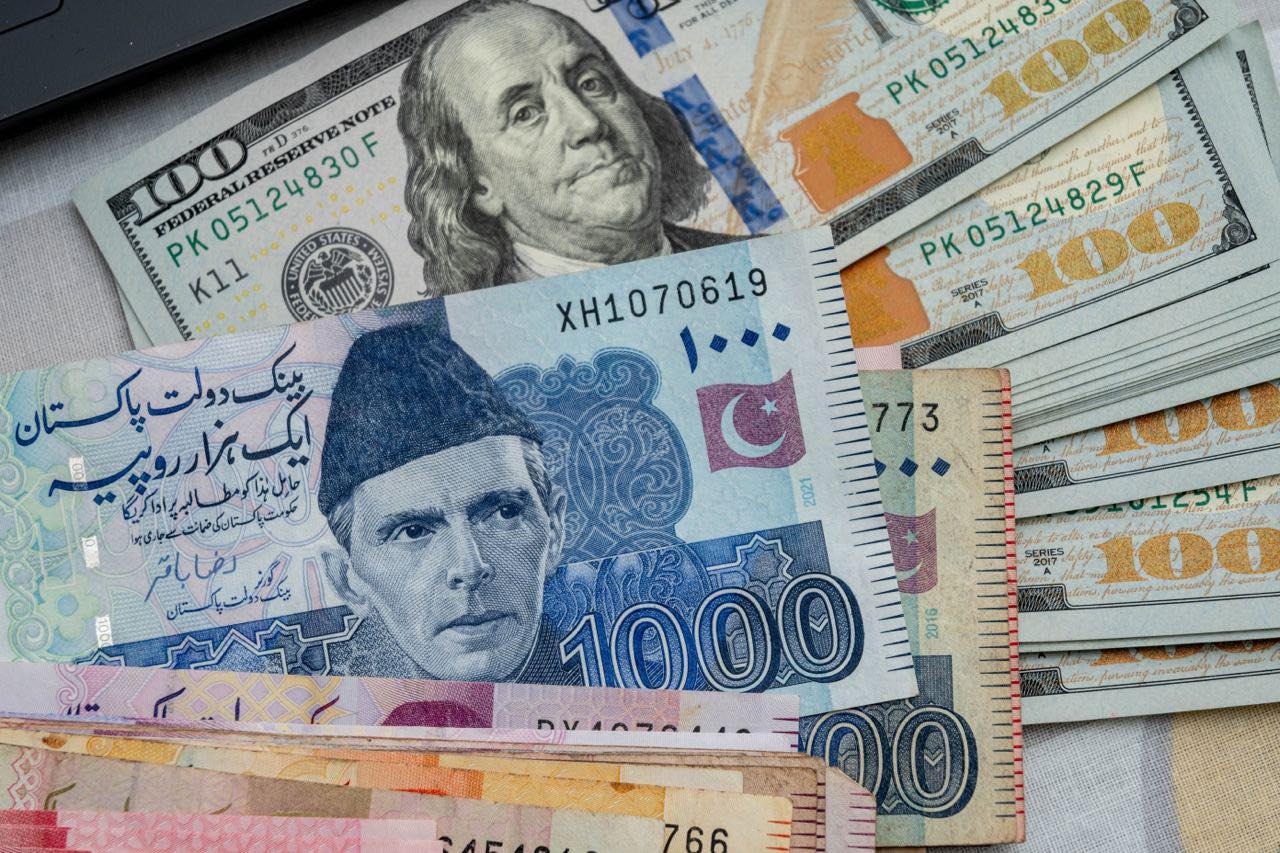The President of Pakistan established the National Economic Council (NEC) with the Prime Minister as its head. This strategic decision, announced through a notification from the Cabinet Division, exercises the authority granted by clause (1) of Article 156 of the Constitution. The formation of the NEC underscores the government’s commitment to strengthening economic governance and planning across the country.
The NEC will be chaired by the Prime Minister, who will lead a council comprising the chief ministers of Punjab, Sindh, Khyber-Pakhtunkhwa, and Balochistan. Additionally, the council will include four members nominated by the Prime Minister and another four nominated by the provincial chief ministers. This balanced representation aims to ensure that all regions have a voice in shaping the national economic agenda.
The four distinguished members nominated by the Prime Minister are:
Ishaq Dar, Deputy Prime Minister and Foreign Minister Khawaja Asif, Minister for Defence Muhammad Aurangzeb, Minister for Finance and Revenue Ahsan Iqbal, Minister for Planning, Development, and Special Initiatives
These key figures bring a wealth of experience and expertise to the NEC, promising to contribute significantly to its objectives.
Similarly, the four members nominated by the provincial chief ministers, in accordance with clause (1) of Article 156 of the Constitution, are:
Marriyum Aurangzeb, Senior Minister for Planning and Development, Environment Protection and Climate Change; Forestry, Fisheries and Wildlife; Chief Minister’s Special Initiatives, Punjab Jam Khan Shoro, Minister for Irrigation, Government of Sindh Muzammil Aslam, Advisor to the Chief Minister on Finance, Government of Khyber-Pakhtunkhwa Zahoor Ahmed Buledi, Minister for Planning and Development Department, Government of Balochistan
These members are expected to represent the interests and economic priorities of their respective provinces, ensuring that regional perspectives are integrated into national planning.
Furthermore, by special invitation, several high-ranking officials will participate in NEC meetings. These officials include:
Ahad Iqbal Cheema, Minister for Economic Affairs Division (EAD) Deputy Chairman Planning Commission Secretary Finance Division Secretary EAD Secretary Planning, Development, and Special Initiatives Division
Their involvement will provide additional insights and facilitate comprehensive economic discussions within the NEC.
The establishment of the NEC marks a pivotal moment in Pakistan’s economic governance. The council’s mandate will include formulating and overseeing the implementation of economic policies that aim to stimulate growth, reduce poverty, and improve the overall economic wellbeing of the country. The collaborative framework of the NEC ensures that both federal and provincial governments can work together effectively, fostering a cohesive approach to economic planning.
The involvement of senior ministers and advisors highlights the NEC’s role in addressing critical economic challenges. For instance, Ishaq Dar’s expertise in foreign affairs and economic strategy, coupled with Khawaja Asif’s defense and financial acumen, positions the NEC to tackle both domestic and international economic issues robustly. Additionally, Muhammad Aurangzeb’s focus on finance and revenue and Ahsan Iqbal’s specialization in planning and development are crucial for comprehensive economic oversight.
Provincial members like Marriyum Aurangzeb and Jam Khan Shoro bring a regional perspective that is vital for balanced economic development. Their roles in environmental protection, irrigation, and planning are particularly relevant in addressing regional disparities and ensuring sustainable development.
As Pakistan navigates complex economic landscapes, the NEC’s formation signifies a commitment to strategic economic management. The inclusion of top-tier officials and experts underlines the importance of informed decision-making and collaborative efforts in driving economic progress.
The NEC’s activities will be closely watched by stakeholders across the nation, as its decisions will impact various sectors of the economy. From infrastructure development to fiscal policies, the council’s directives will shape Pakistan’s economic trajectory in the coming years.
For more detailed information about the NEC and its upcoming initiatives, you can visit the Cabinet Division’s official website and stay updated with the latest announcements.
President Forms NEC with Prime Minister as Chairman




